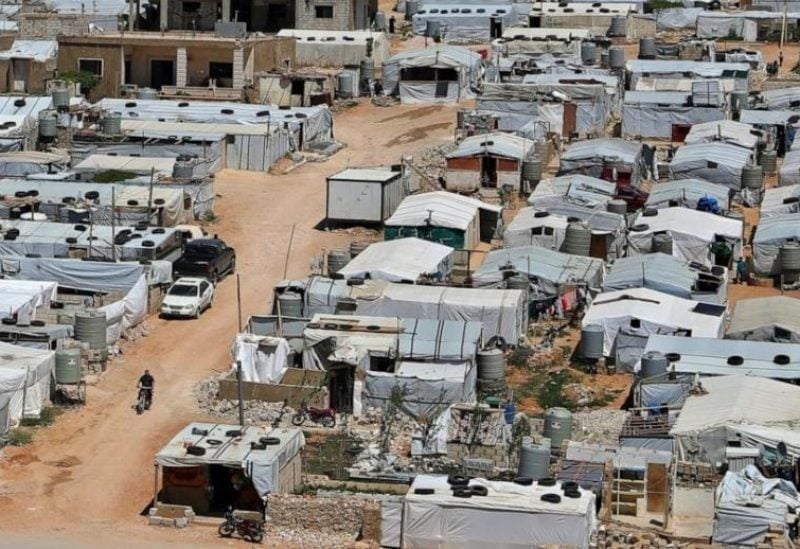
Syrian refugees camps
After his return from the United Nations in New York, Minister of Foreign Affairs and Emigrants Abdullah Bou Habib is preparing for his visit to Syria in order to discuss the issue of displacement in accordance with what was agreed upon with the Syrian side, and according to what was assigned to him by caretaker Prime Minister Najib Mikati in a recent cabinet session.
Diplomatic sources confirm to “Sawt Beirut International” that the date of the visit has not yet been finalized, nor has its agenda, which will be the focus of Lebanese-Syrian consultations to reach an understanding on the items that will be included on his list. The sources explained that the Lebanese move regarding the Syrian displacement is a Lebanese-Syrian decision, and has nothing to do with the effects of the Arab committee that was established in the wake of the return of Arab relations with Syria and its return to the League. The Lebanese authorities have not received any international reactions regarding their move, nor have they received any objections to date.
It is known that Western countries have an objection to Lebanon returning the displaced people before completing the political solution, but Lebanon can no longer tolerate these large numbers, which have reached nearly two million Syrians on its lands.
Sources report that the Foreign Minister will visit Syria to discuss the massive displacement that is taking place these days, that is, the new wave of displacement. It will also examine the issue of displacement as a whole. However, work is underway to develop a detailed agenda for the visit. The sources indicated that the Lebanese delegation will not be limited to the diplomatic delegation, but will also include military and security personnel. This is because, in the end, the security forces will control the massive displacement, while diplomatic cooperation is always present, and there are ongoing meetings. But on the ground, security forces must play a major role in reducing this wave with political-diplomatic guidance.
Other diplomatic sources expressed questions related to the following: Do the Lebanese authorities have a solution to the problem of the new Syrian displacement? Is it useful to use a security and military ban if one wants to adopt it, given the presence of many illegal crossings and the prevalence of the “displacement trade” carried out by non-ordinary people? Will the official bilateral efforts between the two countries succeed with the presence of a dilapidated authority in Lebanon, and with a regime that does not provide anything for its citizens, and takes advantage of displacement to form a geographic map with politically regional extensions, and to give one sect the upper hand over another? The sources indicate that flooding Syria’s neighboring countries with displaced Syrians was and still is a programmed plan by the regime, to pressure the international community to submit demands to the regime, while the international community is putting pressure on the issue of the displaced for the sake of political demands from the regime. Lebanon is between the two. Will Lebanon be able, through diplomacy, to find a solution to the new and old displacement, and what solutions can it offer the regime by convincing it to resolve the issue bilaterally?